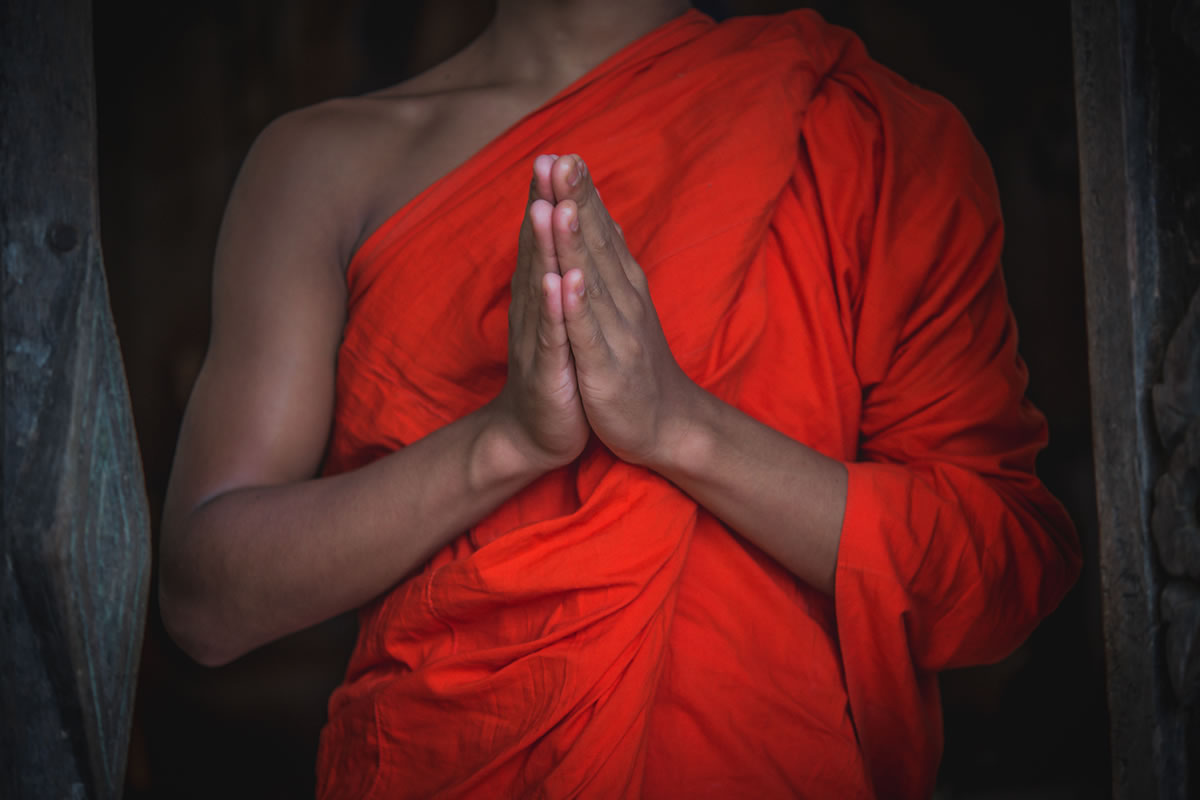On Monday 27 May 2019, the Centre for Human Rights, University of Pretoria, in partnership with Living Stories & Memories hosted a seminar on Tibet: Culture nationalism, human rights, and self-immolation.
The seminar was opened by Mrs Elizabeth Gaywood, Chairperson of the Tibet Society of South Africa with her experience of the Tibetan refugee community in India. Through her personal journey engaging with the Tibetan community, Mrs Gaywood highlighted different aspects of Tibetan culture and the efforts of the refugee and diaspora communities to preserve their traditions.
The discussion then moved to Dr Antony Goedhals, Lecturer in the English Department at the University of Pretoria, and his research on the introduction of Buddhism to the West. After presenting a brief overview of how such knowledge was introduced into the West, Dr Goedhals argued that the kind of Buddhism practiced by Tibetans is another type of humanism and is one of the greatest things that the community in exile can, and has, given to the world. He concluded by asking those present to call out the Chinese government on what he called the cultural genocide taking place in Tibet and the ongoing human rights violations.
Bringing the discussion to a close was Mr Ngodup Dorjee, Tibet Representative to South Africa since 2017. He thanked those present for coming and for supporting Tibet before contextualising the issues with a historical background of Tibet and the Tibetan people. Through highlighting the philosophical approach adopted, the internal reflection of Tibetan culture and societal understanding was presented. Mr Dorjee explained what he termed an assault on Tibetan culture and way of life by the Chinese government, with regular human rights violations occurring. Drawing together his presentation, Mr Dorjee explored the use of self-immolation by Tibetans, why it is happening and what political statement was being made with such acts. Breaking the issue down, self-immolation is a message to the Chinese government and the international community that Tibetans want their freedom.
Finally, the question and answer session covered subjects as varied as the purpose of the Office of the Tibetan Representative in South Africa; if there were any similarities between China’s initial engagement with Tibet and China’s role in South Africa; the judicial recourse pursued by the Dalai Lama and Tibet for recognition and self-determination; and the existence of solidarities campaigns amongst Hong Kong, Taiwan, and Tibet.
For more information, please contact:


